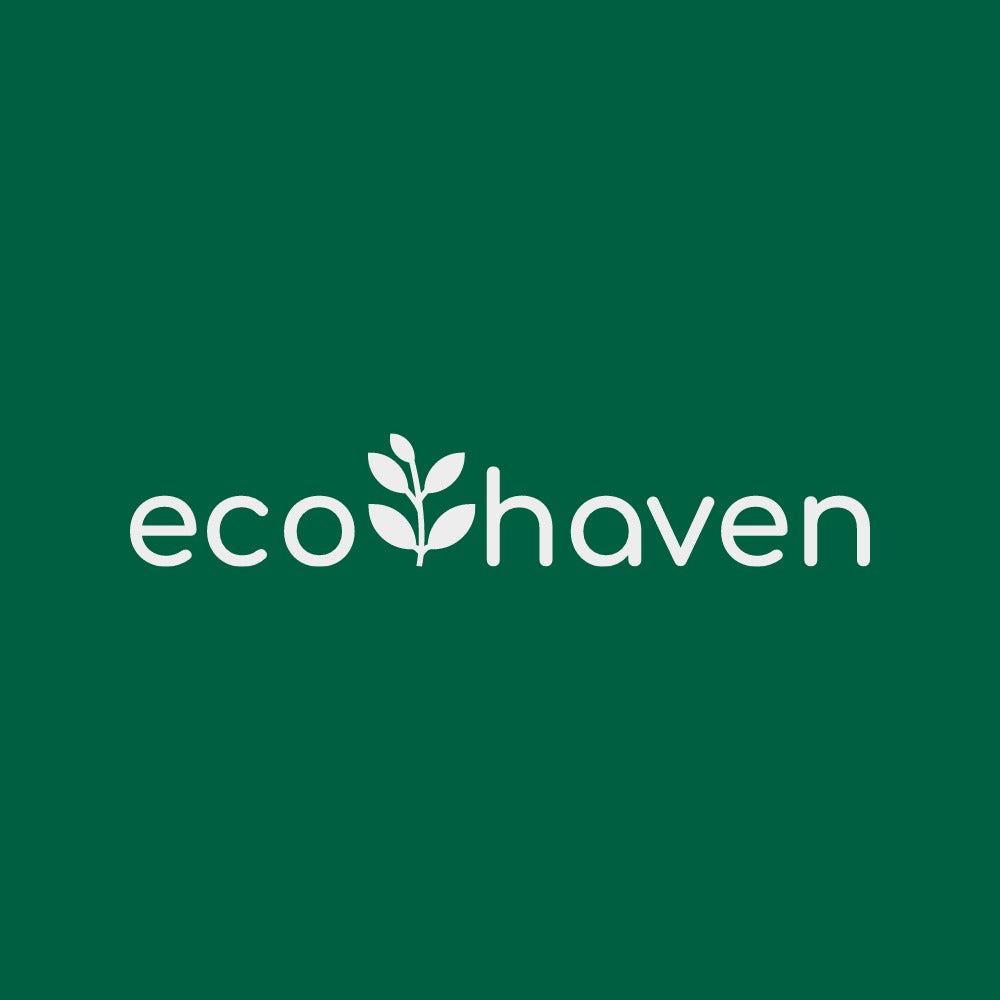Imagine standing on a quiet beach, breathing in the salty air, and listening to the crash of waves. The ocean feels eternal and untouchable. But look closer, and the picture changes — tangled fishing nets caught in the rocks, plastic bottles bobbing in the shallows, and tiny fragments of plastic hidden in the sand. This is the reality of plastic pollution, one of the greatest environmental challenges of our time.
The Scale of the Problem
The numbers are staggering. Each year, 8–12 million tonnes of plastic flow into our oceans — the equivalent of a garbage truck full of plastic dumped into the sea every single minute. By 2050, it’s estimated that plastic could outweigh fish in the ocean if current trends continue.
Unlike natural materials, plastic is designed to last. A single-use bottle may serve its purpose for minutes, but it lingers in the environment for hundreds of years, slowly breaking down into smaller and smaller fragments called microplastics. These are now found in the most remote places on Earth: from the Mariana Trench to Arctic sea ice, even in the air we breathe.
The Impact on Marine Life
Plastic pollution is devastating for wildlife:
-
Entanglement: Seals, turtles, and seabirds are frequently caught in discarded nets and packaging. A study found that over 100,000 marine animals die each year due to entanglement.
-
Ingestion: Many species mistake plastic for food. Sea turtles often mistake floating plastic bags for jellyfish, one of their favourite meals. In seabirds like albatrosses, stomachs filled with plastic can leave no room for real food, causing slow starvation.
-
Microplastics in the food chain: Tiny fragments of plastic are eaten by plankton, which are eaten by fish, which are eaten by us. This means that plastic is now part of our diets, with recent studies finding microplastics in human blood and lungs.
The Human Consequences
Plastic in the ocean doesn’t just harm marine life; it affects people, too. Coastal communities rely on fishing and tourism for their livelihoods. Polluted waters, damaged ecosystems, and littered beaches threaten those industries.
There are also potential health risks. While research is ongoing, early evidence suggests microplastics and the chemicals they contain could disrupt hormones, cause inflammation, and contribute to long-term health problems. We’re only just beginning to understand the full impact.
What’s Being Done Globally
The good news? Awareness is growing, and change is happening.
- Global agreements: The United Nations is working towards a legally binding treaty to end plastic pollution by 2040, aiming to reduce single-use plastics and promote circular economies.
-
Community action: Organisations like Surfers Against Sewage and River Action UK are rallying communities for beach cleans and campaigning for systemic change. These efforts don’t just clear plastic — they inspire people to demand better from governments and companies.
-
Innovation: Technology is playing its part, too. Devices like Seabins (floating rubbish bins that filter marinas and harbours) and projects like The Ocean Cleanup are targeting plastic already in waterways. Meanwhile, scientists and businesses are experimenting with biodegradable materials to replace single-use plastic.
What You Can Do
While systemic change is essential, our personal choices still matter. Here are some powerful ways you can help reduce ocean plastic:
-
Refuse single-use plastic – Carry a reusable water bottle, coffee cup, and shopping bag.
-
Switch to plastic-free alternatives – Everyday swaps, like a bamboo toothbrush instead of plastic, charcoal bamboo floss in a glass jar, or solid shampoo bars, make a real difference.
-
Recycle carefully – Make sure your recycling is clean and sorted properly, so it doesn’t end up in landfill or the ocean.
-
Support eco-friendly businesses – Choosing sustainable products from companies like Ecohaven sends a clear message that plastic-free living matters.
-
Get involved locally – Join a beach clean, river clean, or community initiative. Even one hour can stop hundreds of pieces of plastic from reaching the sea.
A Shared Responsibility
Our oceans cover more than 70% of the planet and produce half the oxygen we breathe. They’re not just home to incredible wildlife; they’re the heartbeat of Earth’s life support system. Protecting them isn’t optional — it’s essential.
At Ecohaven, we are proudly part of the Plastic Free Community in Eastbourne, monthly we take part of a beach clean, we engage with the public and help organise events.
We believe that every small change adds up. Whether it’s choosing a family pack of bamboo toothbrushes, switching to botanical toothpaste, or trying one of our eco-friendly bundles, your choices directly help reduce plastic waste and protect the oceans we all depend on.
Together, through community, innovation, and daily choices, we can turn the tide on plastic pollution. Let’s make sure the story of our oceans is one of recovery and hope, not decline. 🌊🩵

